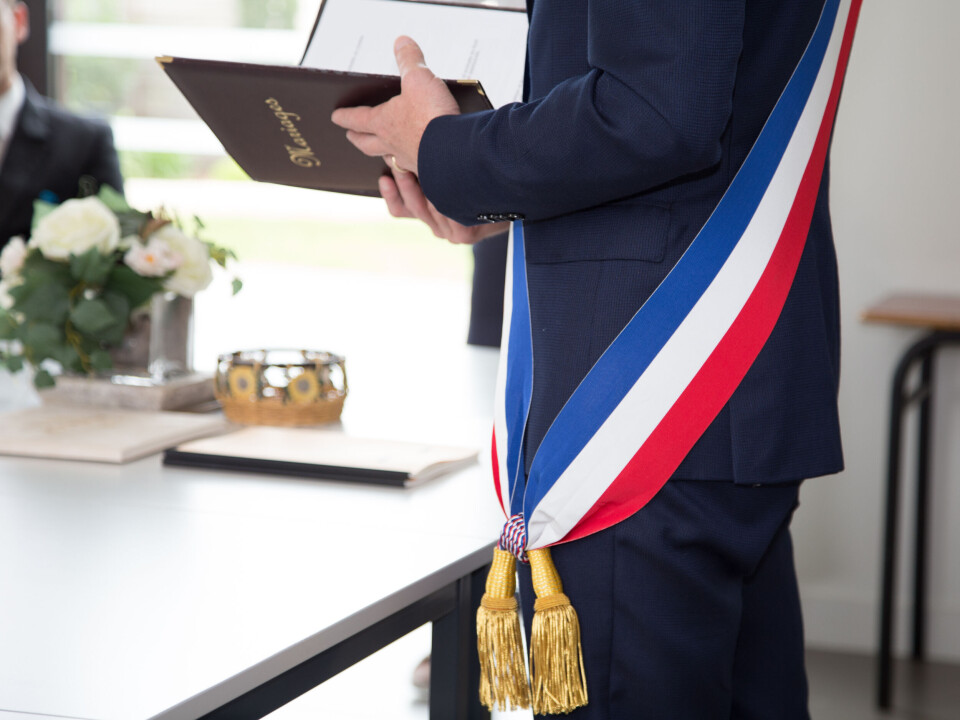-
Did you know? Marrying a dead person is possible in France
Posthumous marriage is permitted in a unique legal arrangement
-
Driving getting safer in France, suggest January 2025 road safety statistics
Fewer drivers, motorcyclists, and cyclists died last month - but more pedestrians lost their lives
-
Alert over mushroom picking in France after death and poisonings
Several poisonous mushrooms can easily be mistaken for safe varieties, experts warn
Why a Frenchwoman has been allowed to marry partner who died in 2020
Tragedy struck just before their wedding day

A retired Frenchwoman is to marry her partner of 40 years – even though he died in November 2020.
Paulette Hourcadet, from Gers in the south west, received authorisation for the wedding from President Macron, giving hope to other people who lose a partner before they have had a chance to tie the knot.
‘Necrogamy’ legal in France
Posthumous marriage is rare but legal in France – one of the few countries to explicitly allow ‘necrogamy’ in its legislation – although the administrative burden is significant.
Only the president can authorise such a marriage by issuing a decree.
The justice ministry studies the case first.
Article 171 of the French Civil Code says it is possible only where there is sufficient evidence “which establishes unequivocally the consent” of the deceased person.
Ms Hourcadet will be declared a widow
In Ms Hourcadet’s case, a wedding date had been circulated to future guests and the banns announcing the marriage had already been published before her partner, Dominique Labarrere, died from an illness.
The local mayor encouraged her to ask for authorisation after hearing about the death.
She will be declared a widow after the ceremony. Wedding rings or a marriage contract might also provide proof.
Read more: 12 things you can do at your mairie in France apart from get married
Today the process is symbolic not financial
The concept dates from 1803, and was originally intended for war widows.
The current legislation has its origins in 1959, when the Malpasset dam near Fréjus was breached, killing more than 400 people.
A pregnant woman who lost her fiancé was allowed to go ahead with the marriage so that her child would not be considered illegitimate.
Recent examples include the partner of Maxime Blasco, a French soldier killed in combat in Mali in 2021, who wished to perform the symbolic act of taking his name.
In 2017, Xavier Jugelé, a policeman who was killed in a terrorist attack on the Champs-Elysées, was married to his partner.
The Civil Code also specifies that a posthumous marriage does not lead to the application of intestacy rules to the benefit of the surviving partner.
In other words, there is no financial incentive.
Related articles
Couples who married outside France warned over marriage regime changes
Make end-of-life wishes known with a French ‘living will’
Wills, assets: UK couples and France’s three main marriage regimes
























